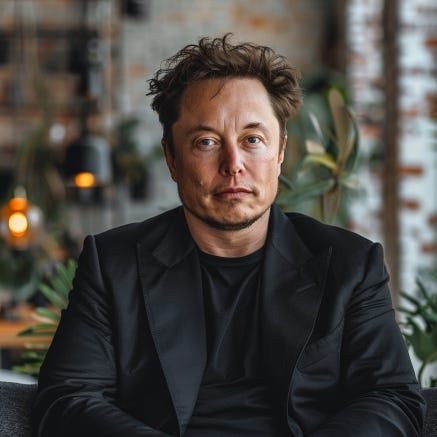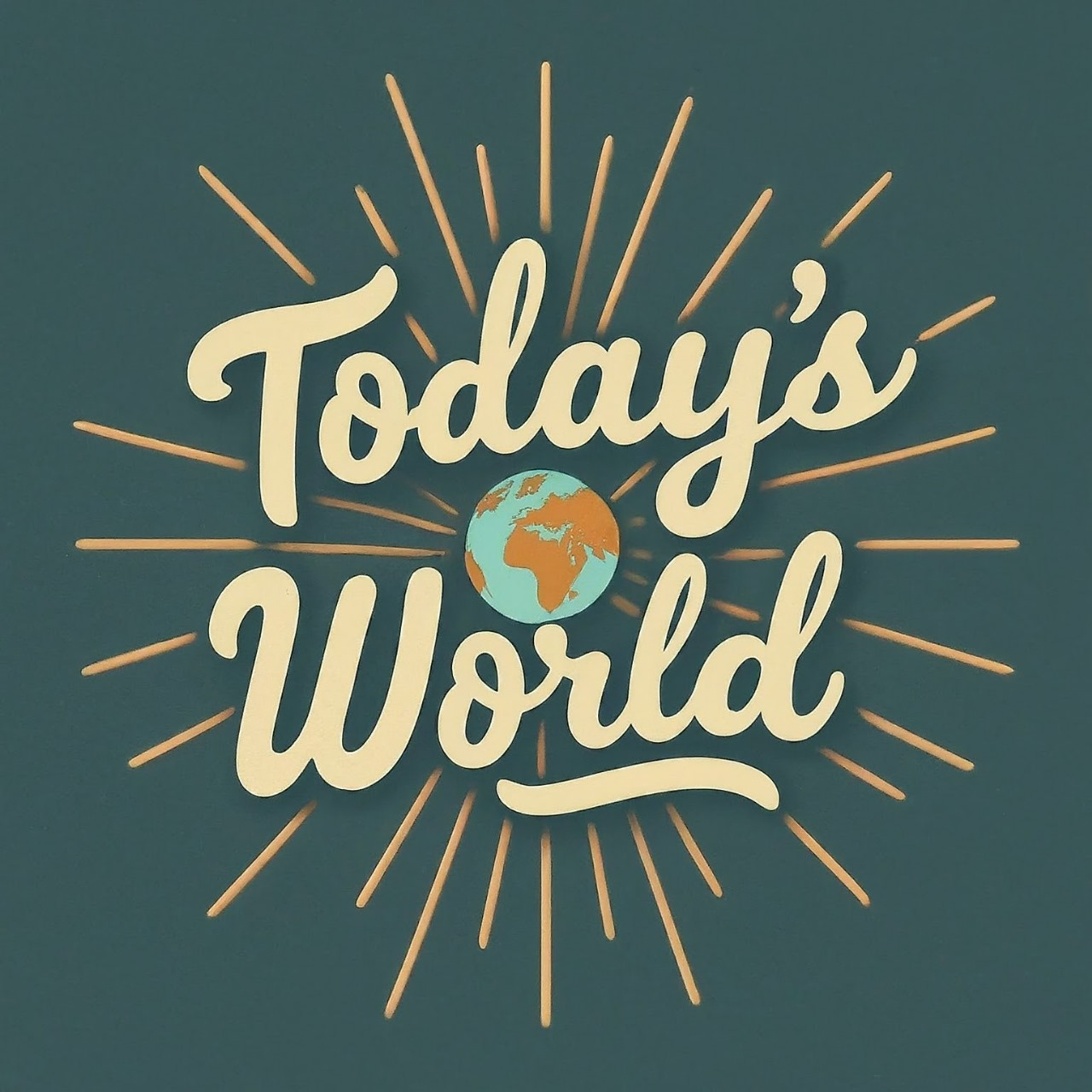Tesla's Interview Question Revealed
& a gift card
Hey guys! Welcome back to the first edition of this week. We had so much fun this weekend that we almost didn’t want it to end. But we couldn’t leave you guys behind as well. So, we’re back today with some more interesting digs.
But before we get started, let’s assign you a task first:
📌 Write down both hard skills (technical abilities) and soft skills (like communication). Then on a scale of 1-10, rate how confident you feel about each skill.
By listing and rating your skills, you gain a clearer understanding of what you excel at. It allows you to prioritize the skills that will have the most impact on your career or personal goals. Tracking your progress over time boosts self-esteem and motivates you to keep learning, ultimately helping you excel in your chosen field.
Now, let’s get into the story…
What Does Elon Musk Ask Candidates?
In fiction, lies can be entertaining and even reveal deeper truths. But in real life, lies can cause major damage, even leading to the downfall of companies. While traditional lie detection tools like polygraphs and brain scans exist, Elon Musk, the mastermind behind Tesla and SpaceX, has a simpler (and more human) approach to spotting lies during job interviews.
At the 2017 World Government Summit, Musk shared that his go-to interview question is straightforward: “Tell me the story of your life and the decisions you made along the way.” Then, he digs deeper by asking, “What are some of the toughest problems you worked on, and how did you solve them?”
According to Musk, if someone really solved a problem, they can explain it in detail—down to the nitty-gritty. On the other hand, those faking it usually get stuck or stumble when pressed for specifics.
Science actually backs this up…(More)
The ‘Coke’ Town
In a small town in southern Mexico, Coca-Cola isn’t just a popular drink—it’s practically a way of life. In Chiapas, finding a bottle of Coke is easier than finding water, and it’s just as cheap. The soda is so deeply woven into the local culture that it’s even used in religious rituals, where people believe it can heal the sick and bring good spirits into their homes.
Shockingly, kids start drinking Coke as early as six months old, and many families rely on it instead of milk. It’s not surprising that Type 2 diabetes has become a massive health issue here, with doctors calling it “catastrophic.” Despite health warnings, locals just can’t kick the habit. Coca-Cola is everywhere—at weddings, family meals, and even used in construction materials.
The ‘Gift Card’ Fraud
One of the latest challenges in America? Gift cards. They’ve become a hot target for fraudsters because, unlike credit or debit cards, they lack solid consumer protections. Even though some gift cards look like debit cards, the safeguards aren’t there. That’s left a huge gap that criminals are happily exploiting while regulators scramble to catch up.
Here’s how it often plays out:
📌 Scammers trick individuals into revealing their gift card information through fake emails, texts, or phone calls. They might pose as legitimate organizations or officials, claiming there's a problem with the recipient's account and requesting gift card numbers to "verify" their identity.
📌 Fraudsters impersonate trusted figures, such as a company executive or family member, and ask victims to buy gift cards and send the card numbers or photos. They might claim it’s for urgent or confidential purposes, such as an emergency or business deal.
📌 Criminals use devices to steal information from gift card magnetic strips. This information can be used to clone cards or drain the funds before the victim realizes it. (Read more).
So, that’s it for today. Let’s meet again tomorrow 👋 Till then, stay curious, and hold on tight to your gift cards!




